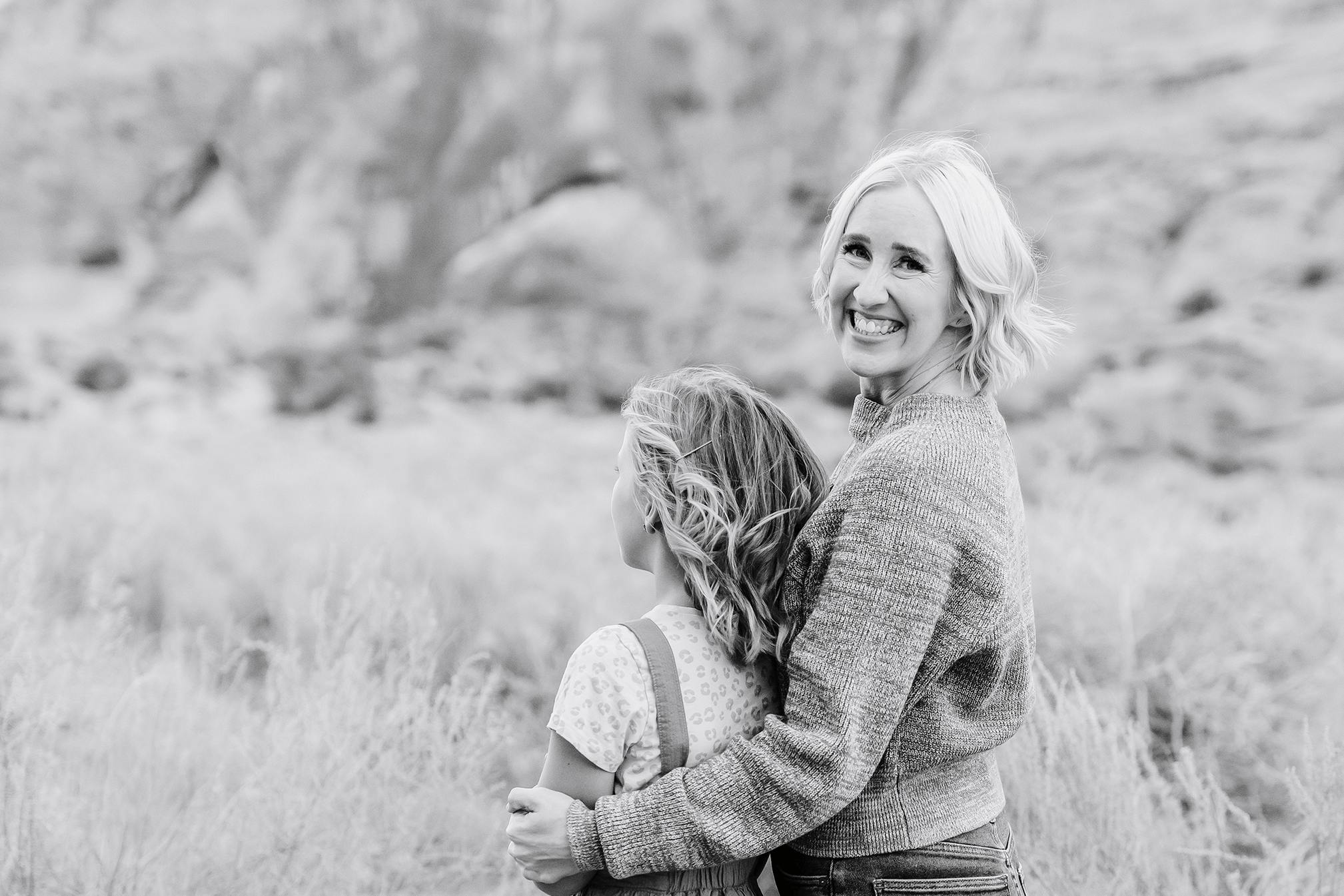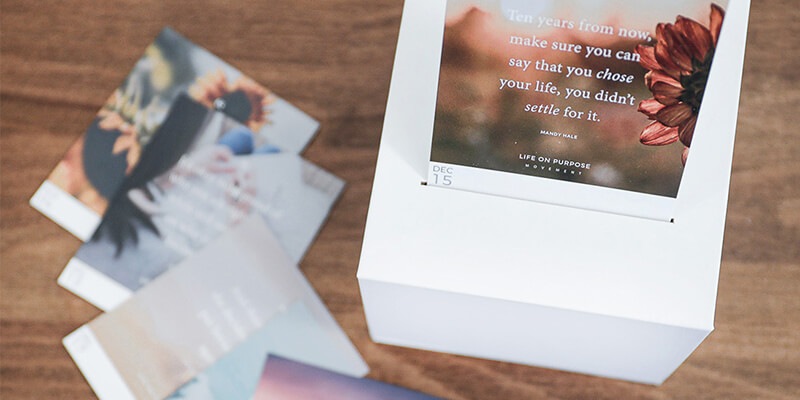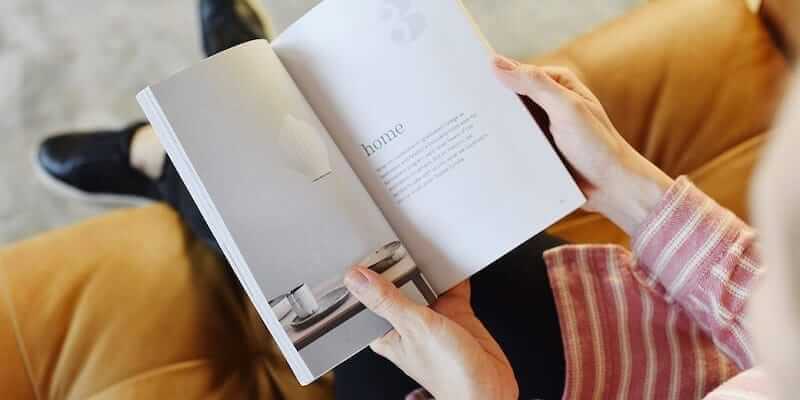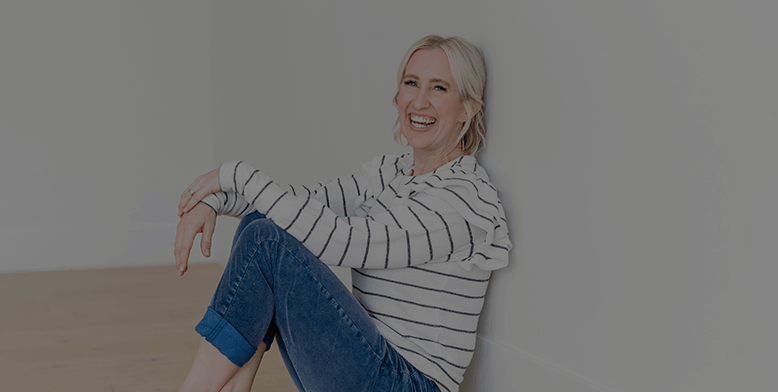Recently, a client of mine started talking about her den, saying it was her dumping ground and always the last place in the house to get any attention.
Clearing it out had been her new year’s resolution but, a month into the new year, she’d barely touched it.
She went on to describe how the cluttered den represents her inclination to collect unnecessary things, start too many projects, procrastinate important stuff, and fail to follow through.
As she spoke, I randomly started envisioning her den as a human face. I personified it. With each description she layered on, I mentally added a wiry red mustache, a miserly set of spectacles, a gnarly scar running from ear to chin…
Her den is her villain. 😉
It’s a villain BECAUSE of what she makes that den mean about her.
She’s letting it represent all of her perceived weaknesses and failures.
Is it any wonder that she avoids going in there?
Is it any wonder that she hasn’t cleared a single piece of clutter in there since making it her resolution?
Not at all!
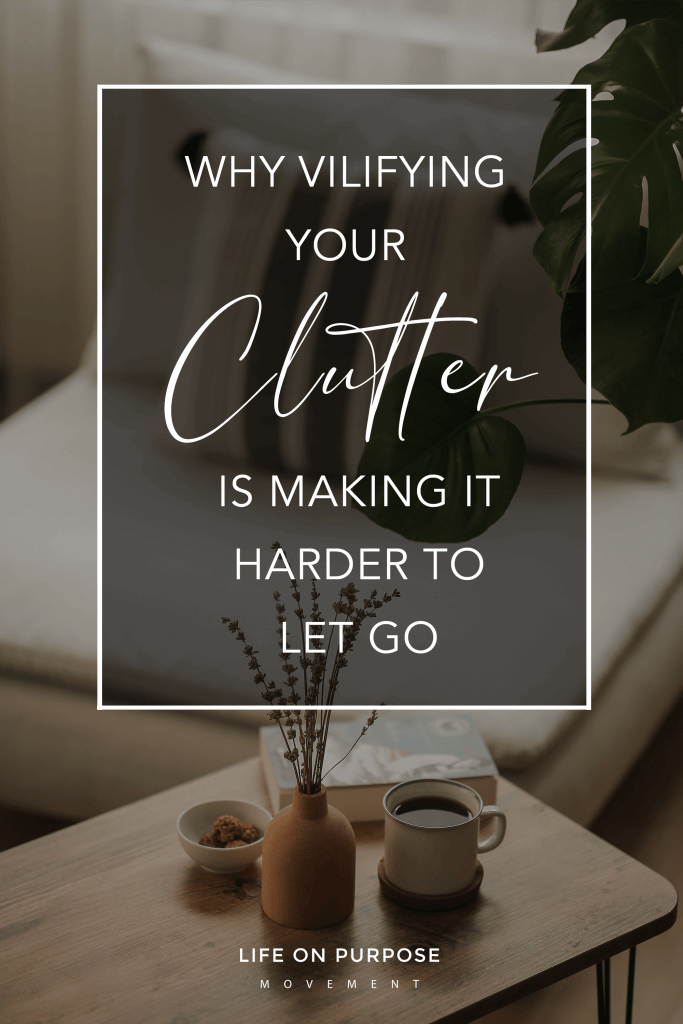
The Real Problem with Clutter Is What You’re Making It Represent
Yes, clutter can keep you from finding things when you need them. And because of clutter, you probably spend more time cleaning up than you’d like. Most of us find these things annoying! {Related: 7 Things That Are Infinitely More Exhausting Than Decluttering}
But the real pain you feel in regard to the mess and clutter is because of what you’re making it mean about yourself, your life, or your loved ones.
When your clutter represents all of that, the last thing you’re going to want to do is confront it.
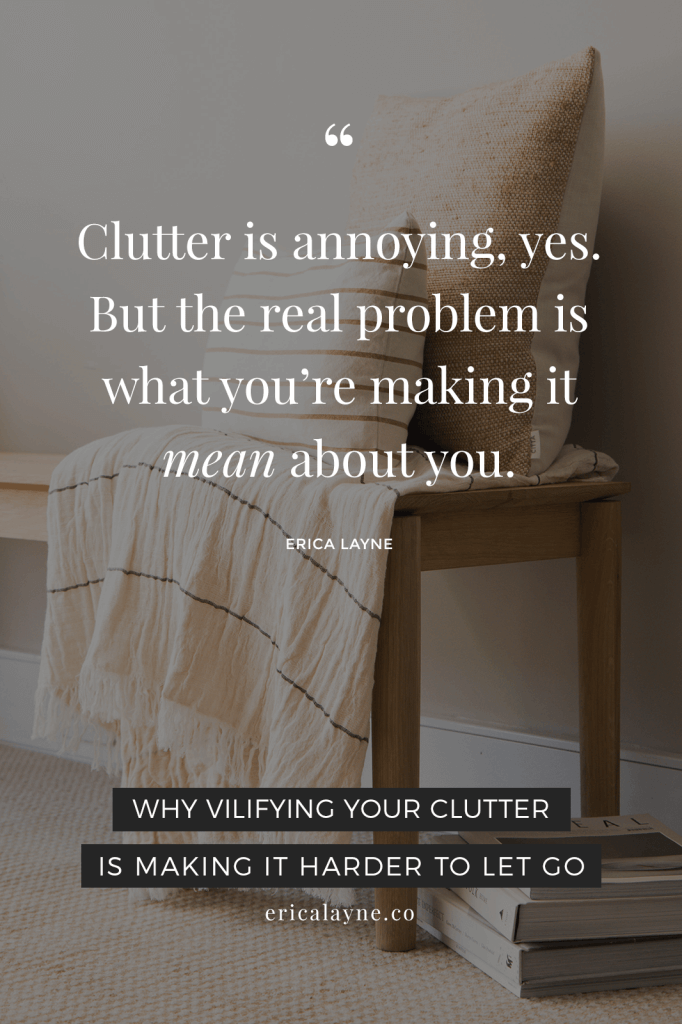
How to Stop Vilifying Your Clutter
So… what do we DO about that? How do we quit vilifying our clutter and actually get to WORK on our clutter?
Here’s my answer:
De-escalate the drama. UN-personify the den. 😉
Neutralize the clutter.
I’ve noticed with myself and my clients that when we describe what we’re seeing around as factually and neutrally as possible, it’s harder to make it mean something negative about ourselves.
Here’s what this could look like. Picture yourself walking through your house and saying—
- “Oh look! I see twelve items sitting on the kitchen counters.”
- “Oh look! There’s a stack of approximately thirteen papers, as well as one permission slip, four paper clips, and a stapler, sitting on my desk right now!”
- “Oh look! There are toothpaste marks, stray toothbrushes, five hair ties, and two LOL dolls on my kids’ bathroom vanity.”
When you neutralize your surroundings like that, it’ll be so much easier to see it as JUST STUFF. Stuff that does not reflect in any way on your value as a human.
And when it no longer reflects on you as a person, it has no power, which makes it sooooo much easier to face it. ❤️
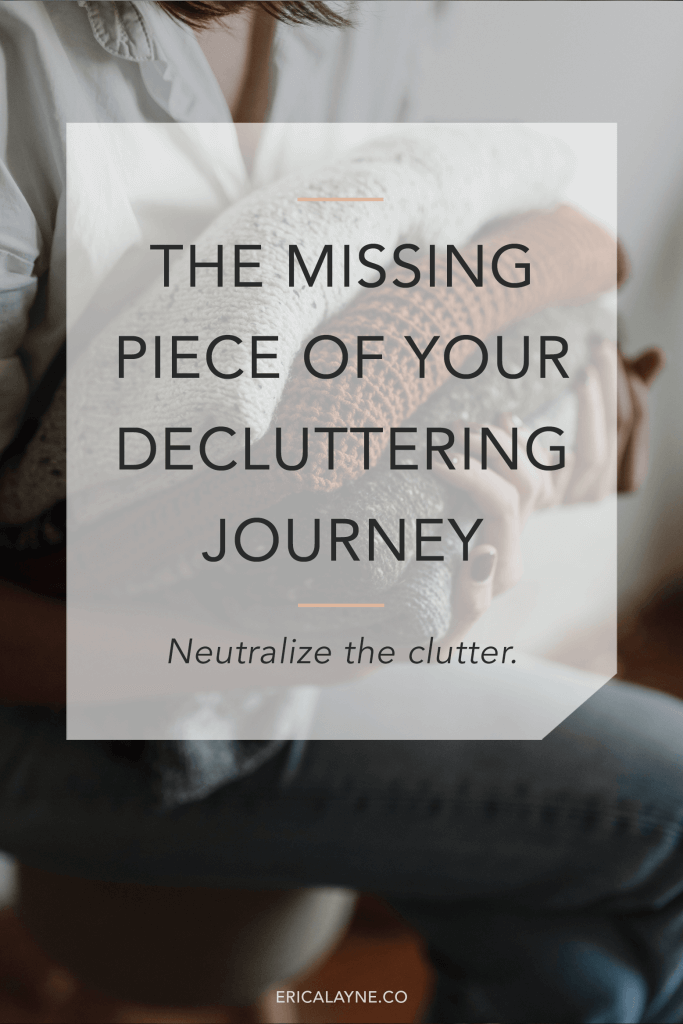
Application
If you might be vilifying your clutter, I suggest sitting down and journaling your responses to the following questions:
- What am I making my clutter mean about me? What else? Keep writing until you get everything out.
- What if my clutter doesn’t mean any of those things? What if it is genuinely just stuff, with no meaning behind it?
- Do you know GREAT people who happen to live in extremely cluttered or messy homes? What are they like? How are they contributing to the world (regardless of their clutter)?
- Now that you’ve neutralized your clutter, imagine—in detail—what your home will feel like after you’ve decluttered. In your ideal world, how do you envision your home? What words would you use to describe it? (Having a clear vision will help you achieve it!)
Remember: Clutter Isn’t Actually Evil
You’re not a good person if you don’t have clutter, and you’re not a bad person if you do. Decluttering isn’t morally superior to not decluttering; it’s just one potential path to a simpler life. ❤️
—
Are you vilifying your clutter? What do you make it mean about you? Your reply might get others thinking, so we’d love to hear!
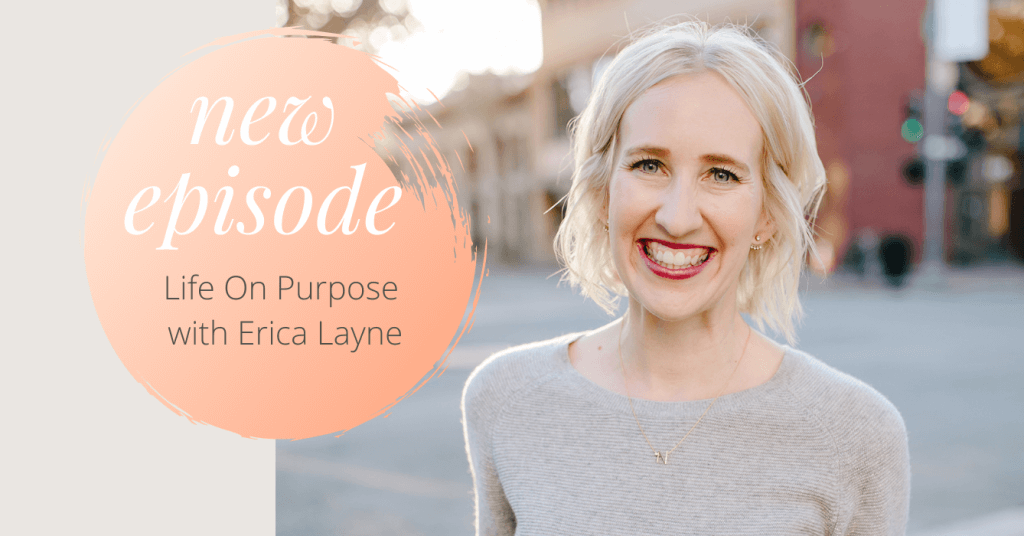
More from Episode 47 of “Life On Purpose with Erica Layne”
Here’s what else you can hear in the latest episode of the podcast!
- Permission To _____: A segment where I give you full permission to live your life differently. Today, it’s permission to do the things you enjoy—before your to-do list is finished.
- Off Ramp: A segment where I point out something I see women doing that I’d love for you to quit! In this episode, subtle self-criticism.
Listen to the full episode in your favorite podcast app, or in the audio player below, and be sure to hit follow!
Apple Podcasts | Google Podcasts | Spotify | Overcast | Stitcher
Show produced by Astronomic Audio

